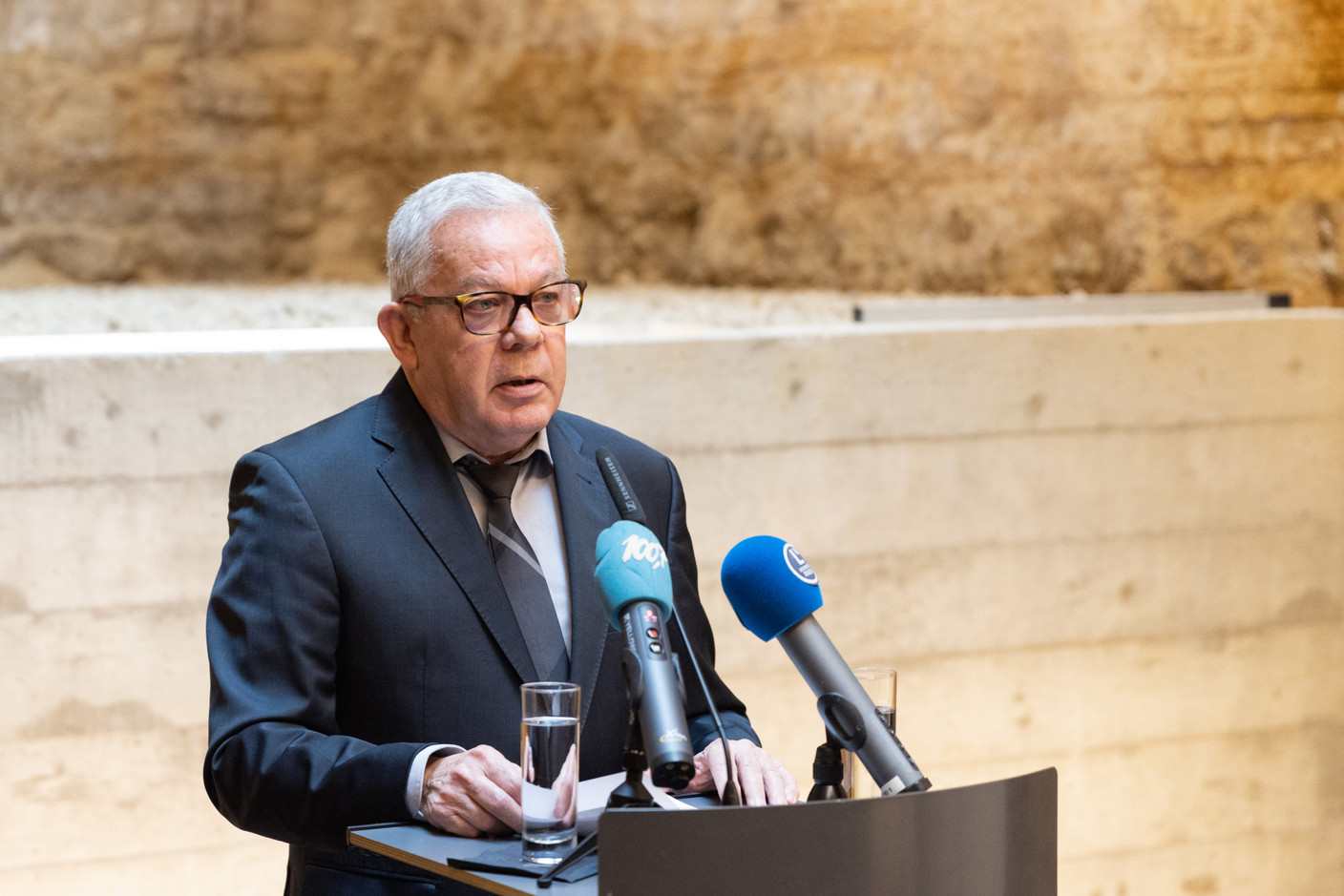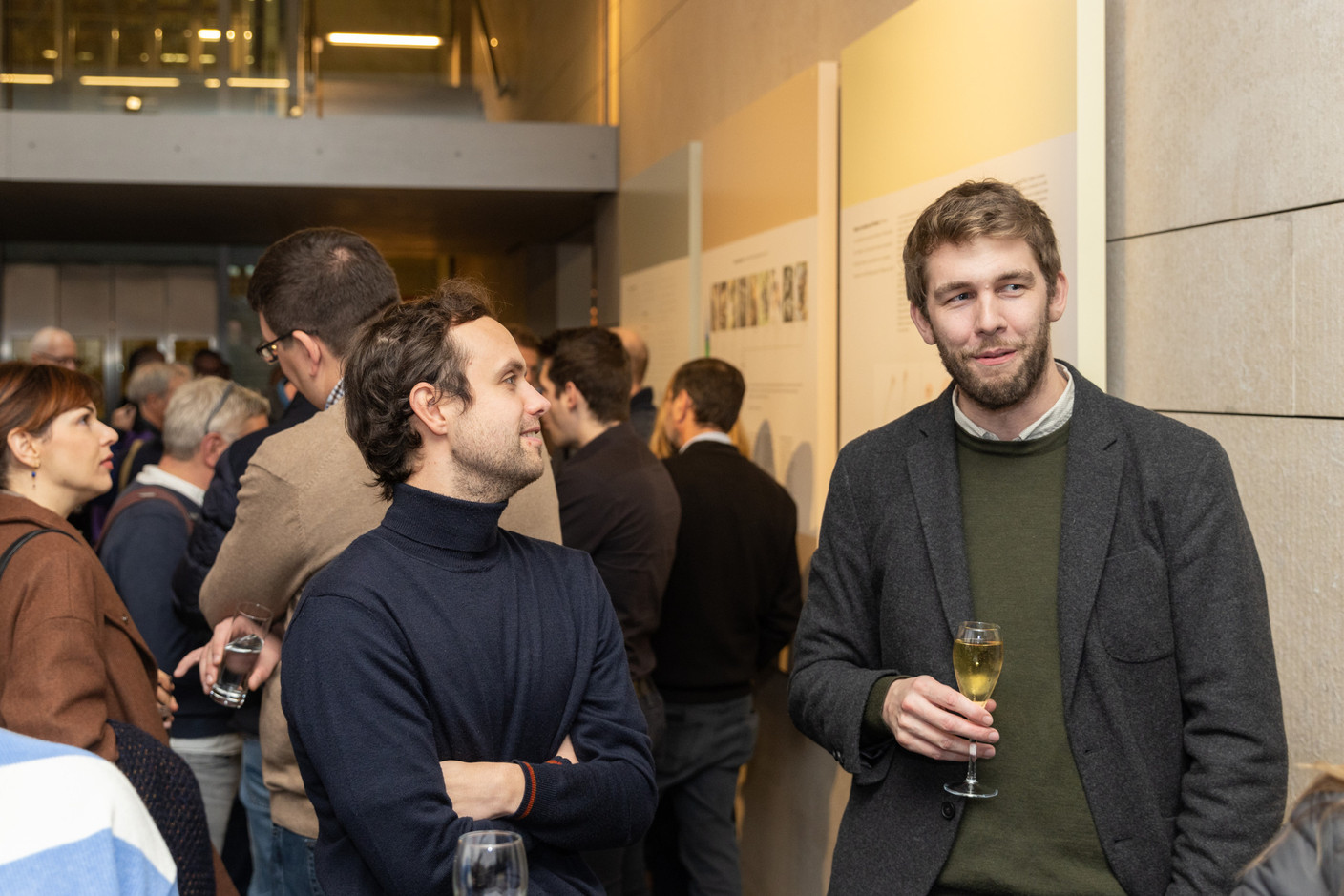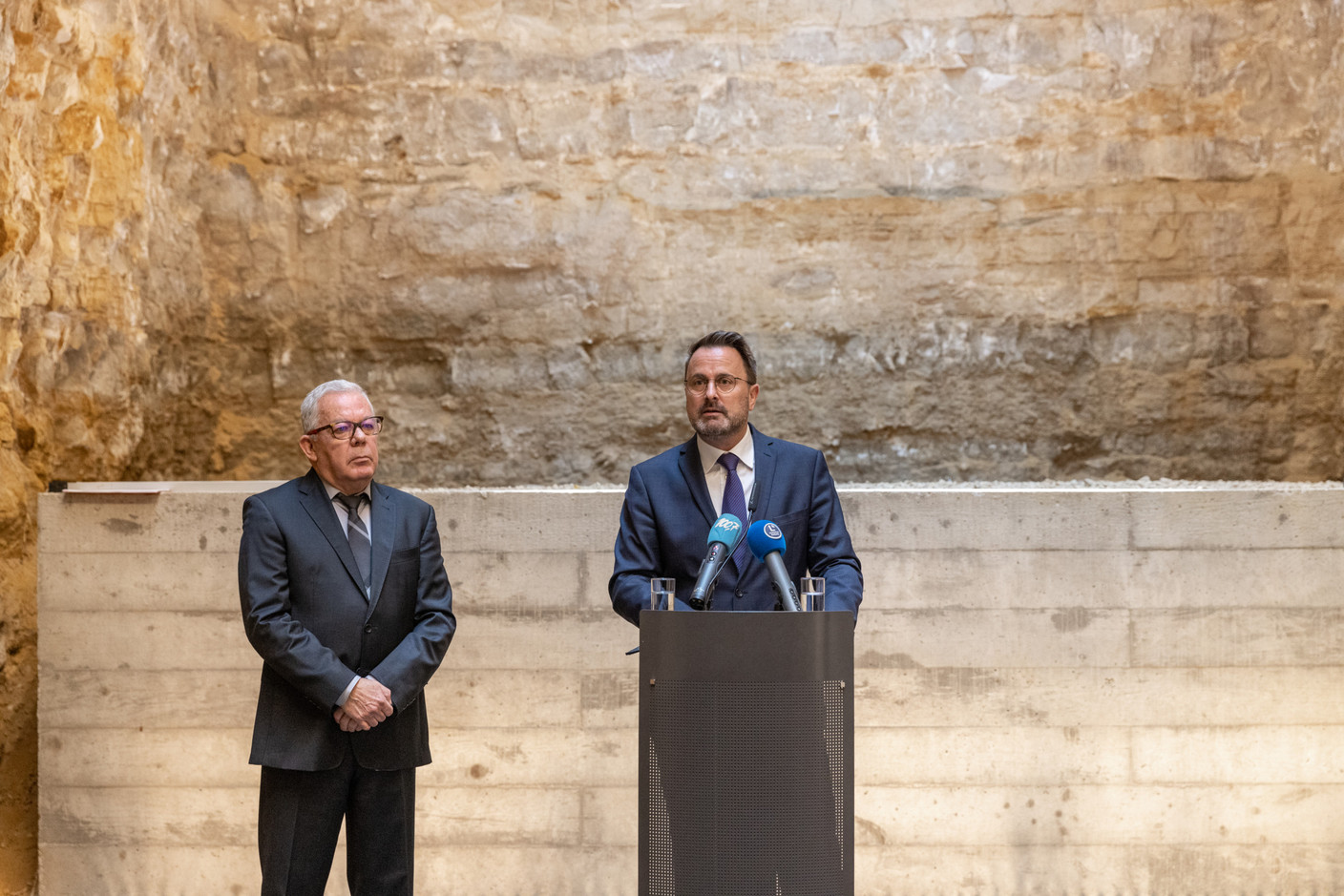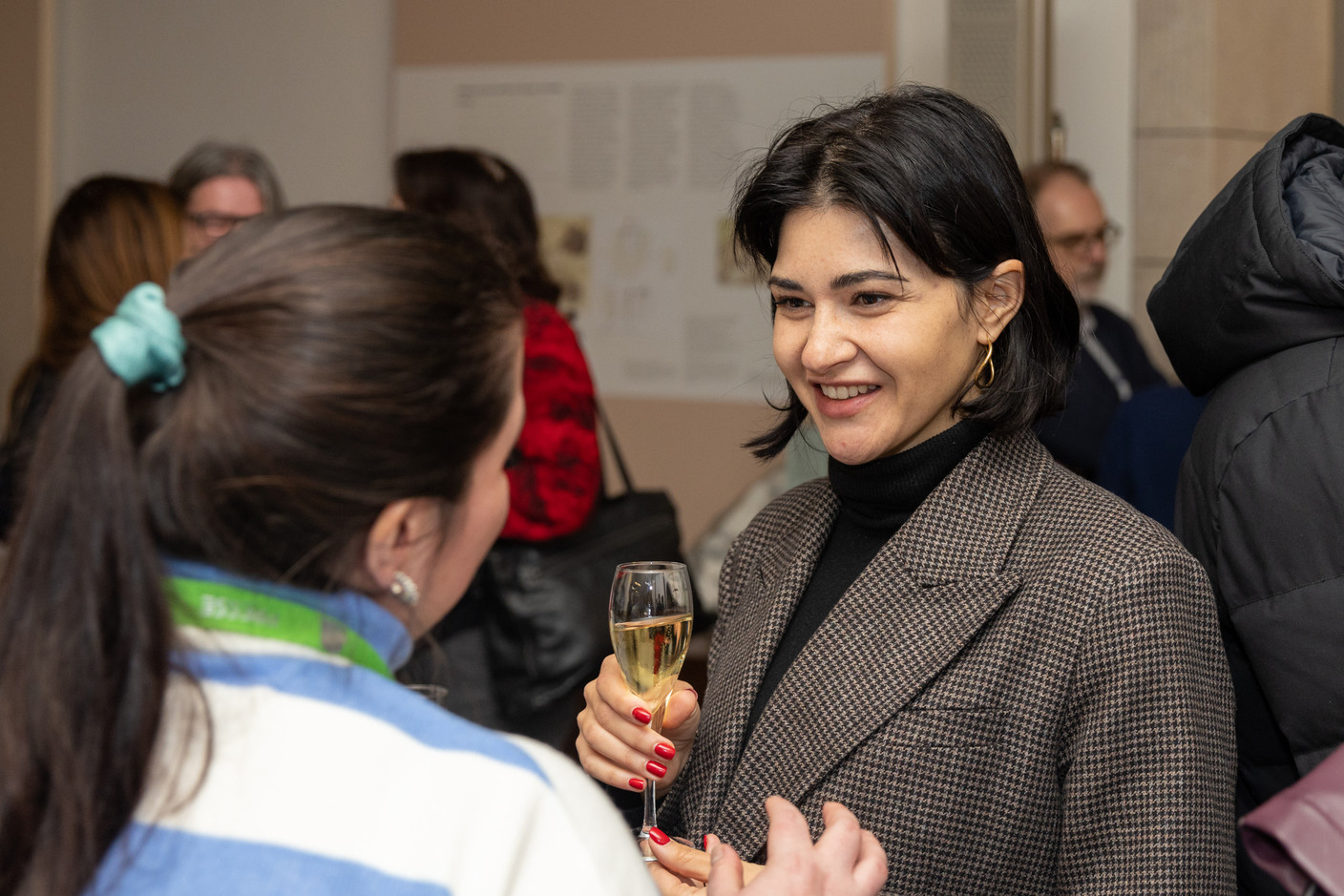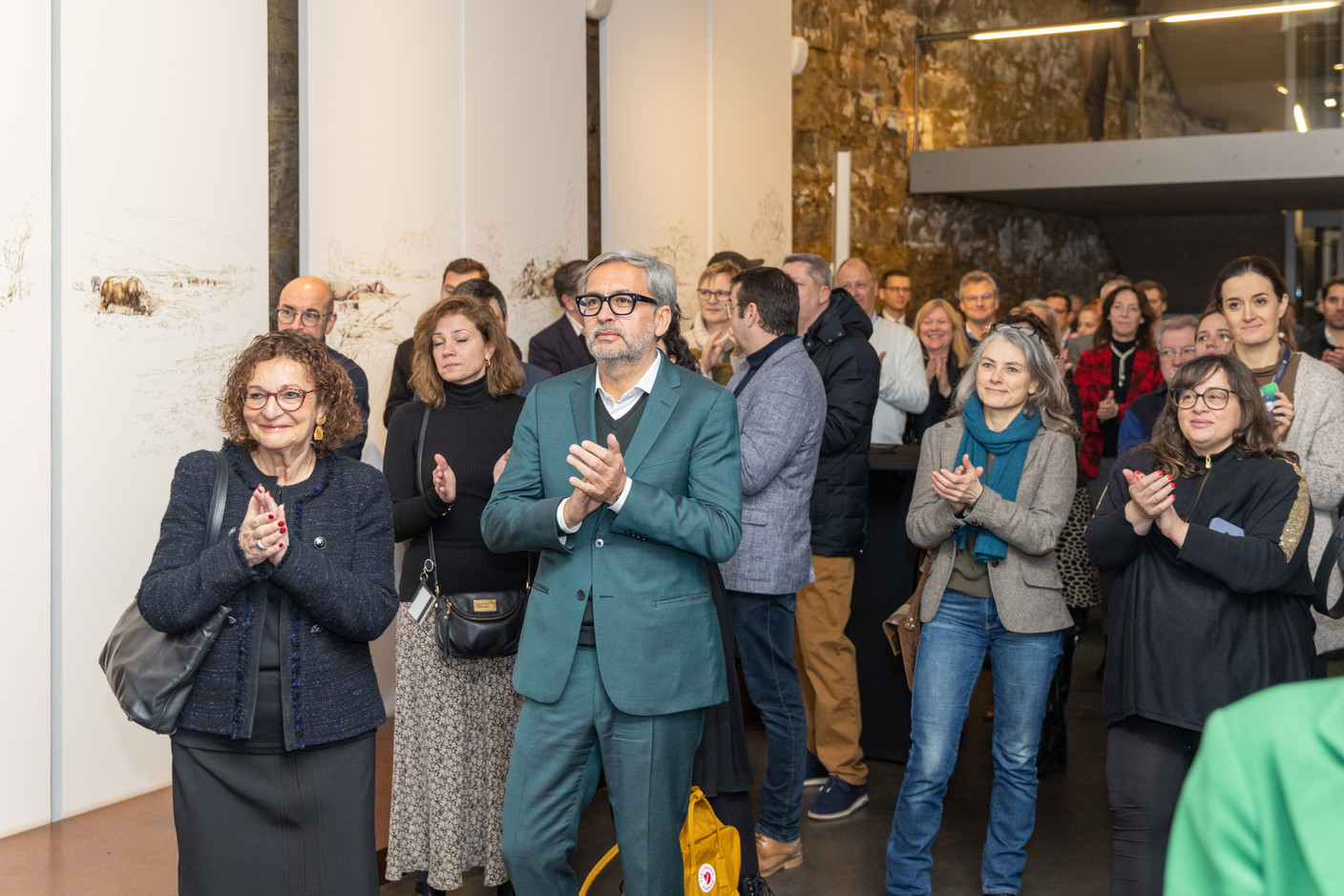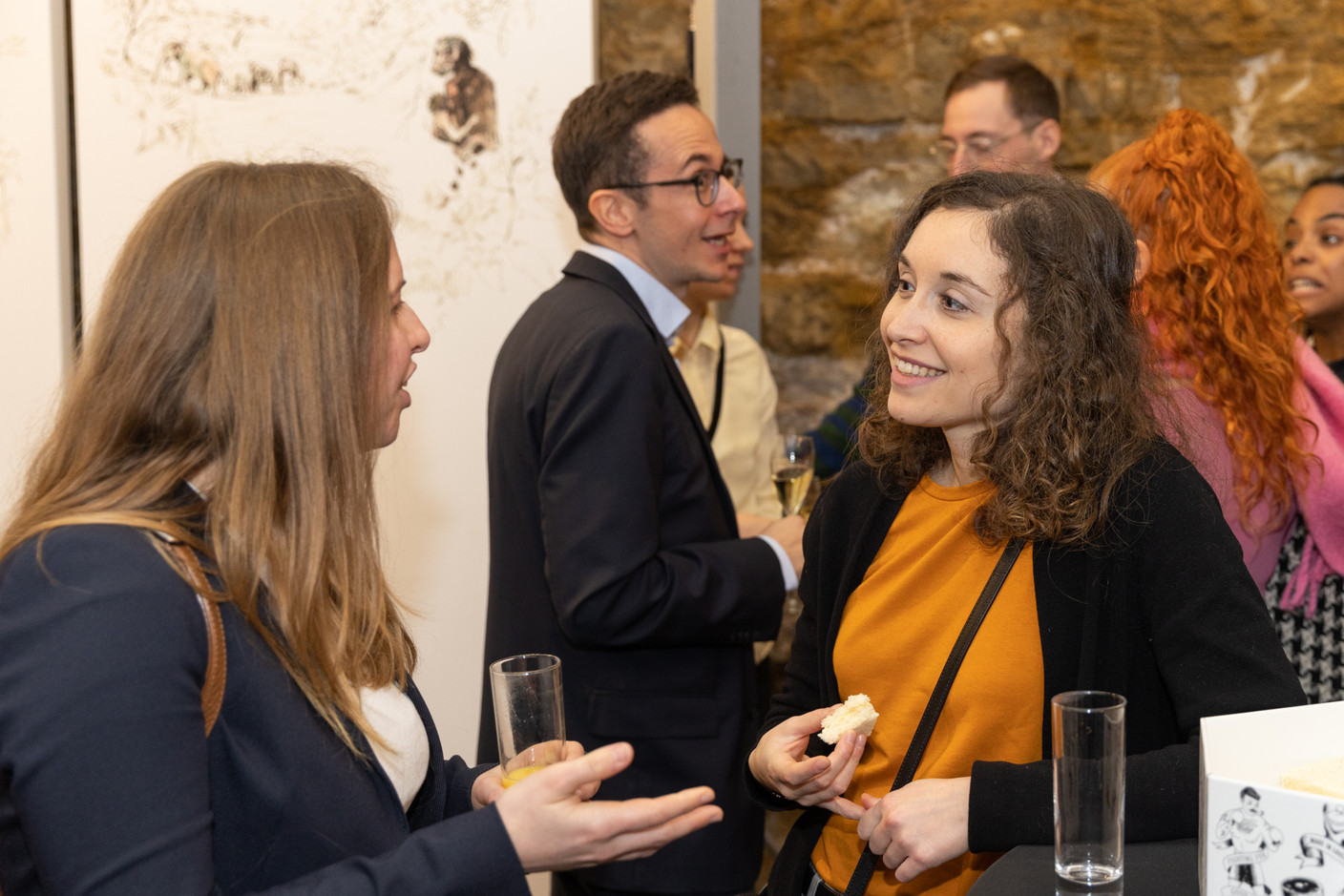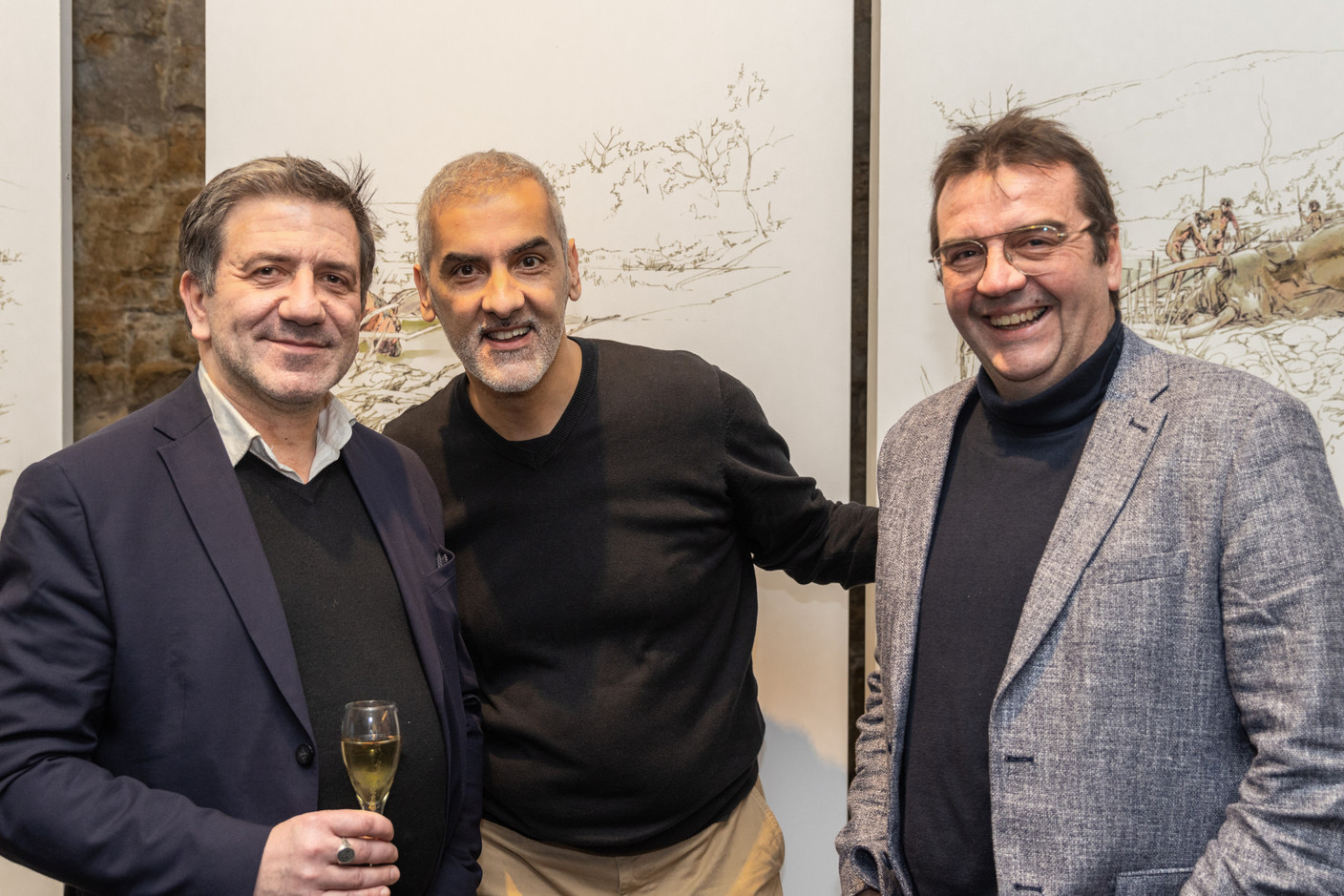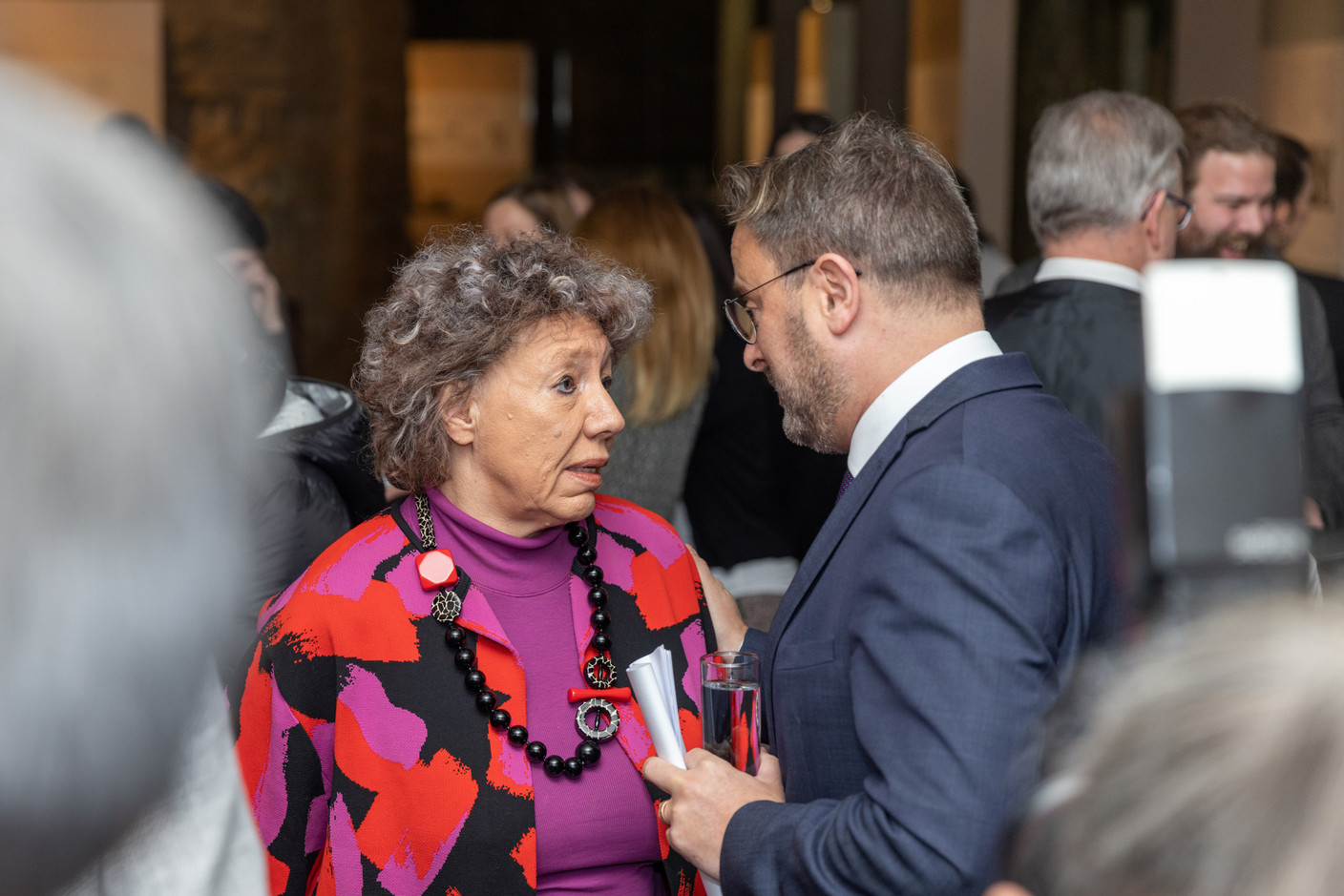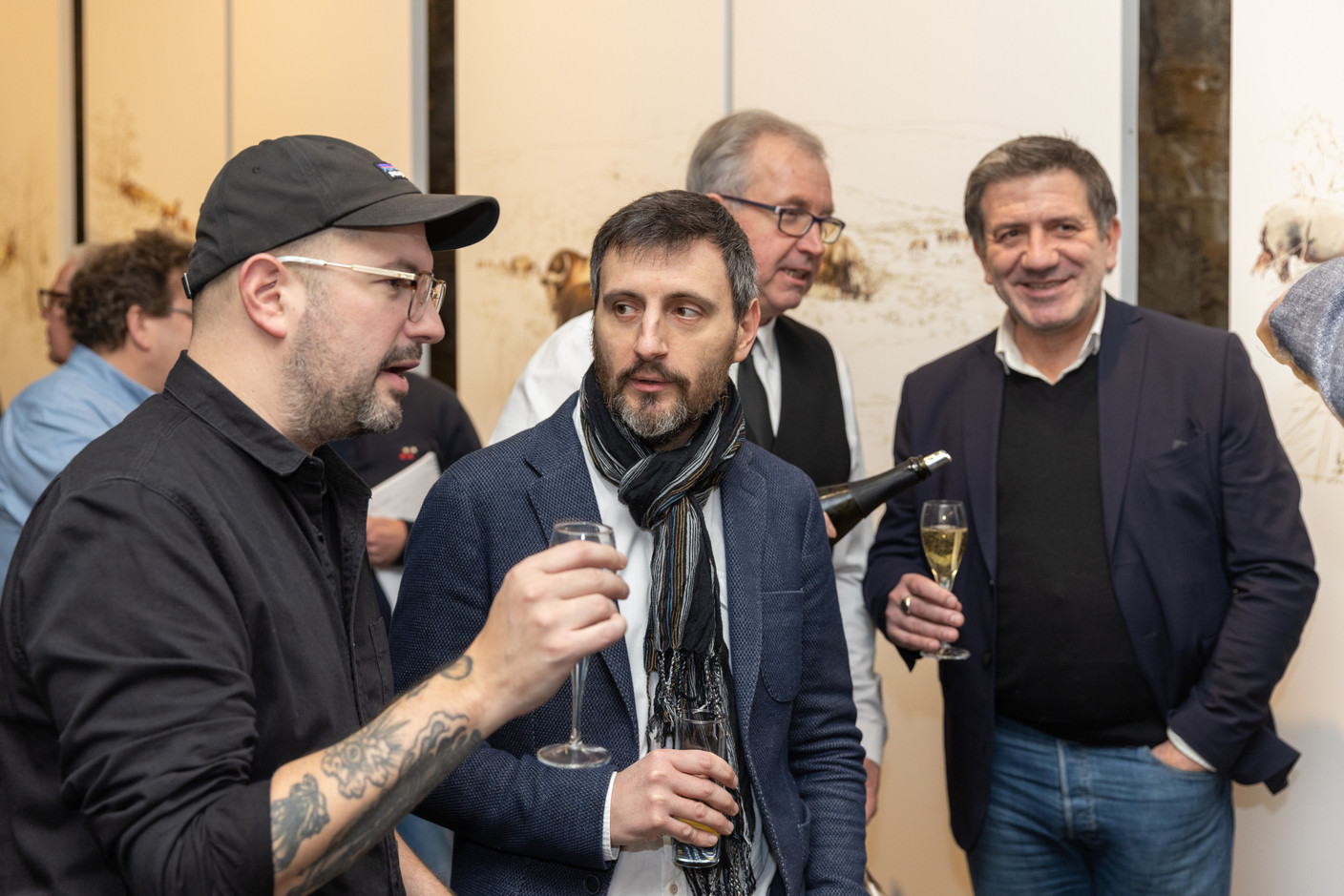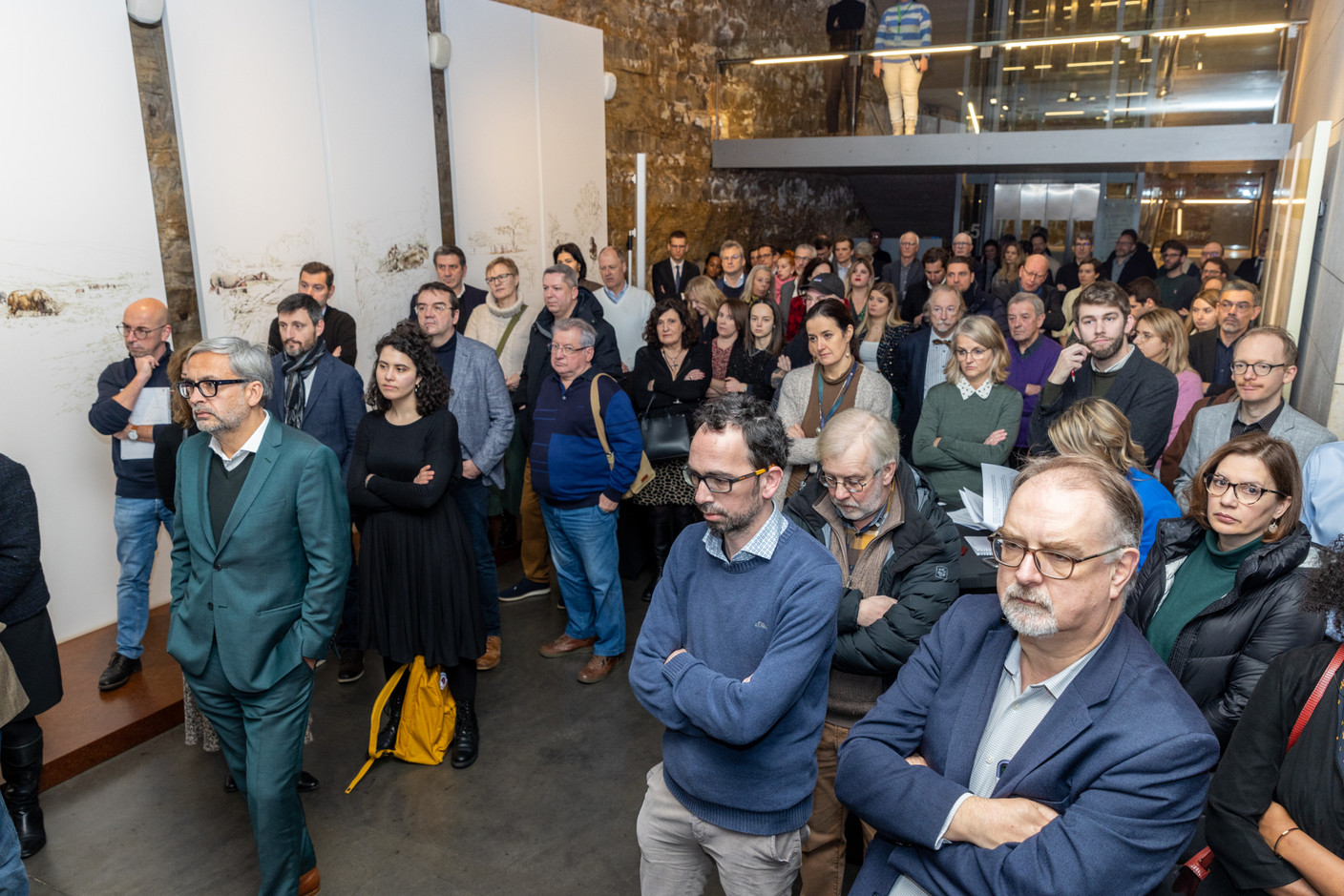(DP), who is also Luxembourg’s media minister, on 19 January joined a new year’s reception hosted by the country’s press council for media representatives but also the government’s press offices.
“It wasn’t always easy for you to do your job,” the PM said. The pandemic saw a rise in harassment against journalists and even physical violence against members of the press, a phenomenon previously unseen in the country, Bettel said.
Under a draft law presented last year, journalists will from threats. Leaking private contact details or personal information of a journalist will be punishable with a fine of €75,000 and up to five years in prison under the new rules.
This comes after anti-covid protesters had pelted the home of a reporter with eggs and sent death threats to several journalists.
Bettel called the working conditions of the past years “extreme,” adding that a free press must be able to scrutinise the government even during a state of emergency and crisis.
Freedom of information
Roger Infalt, president of the press council, at the reception had repeated long-standing demands for freedom of information for journalists to be enshrined in national law. The council already in 2016 had submitted a proposal to parliament. Bettel’s ministry issued several circulars to the civil service aiming to improve relations, but media representatives have said they fall short of the goal of a legal text.
“It’s our job to create a foundation on which the press can work as independently as possible,” Bettel said, adding: “We didn’t always do everything right.”
The prime minister promised to meet with the press council for talks soon. “Let’s do better,” he said, citing a review of the circulars on media relations issued to government ministries but also a draft of freedom of information laws.
Journalists, like members of the public or NGOs, currently must have received a refusal to access a document before they can file a request to the Commission for the Access to Documents (CAD) to issue an opinion on whether the document should be released. The government, however, must not respect the opinion, allowing the petitioner to start legal proceedings.
EU commissioner for justice Didier Reynders, who to discuss last year’s rule of law report with officials, in parliament said he hopes journalists would soon get more access to information.
Media pluralism
Unesco this week said that killings of journalists were up 50% last year, with 86 reporters killed. The rate of impunity for journalist killing remains “shockingly high,” Unesco said, at 86%. More than 600 journalists worldwide are currently imprisoned.
“Objective and free coverage can be uncomfortable,” said Bettel. But the PM said he is proud to live in a country where independent reporting and the press’ watchdog function are upheld, especially with two elections on the horizon this year.
The press council president said 72 new journalists had joined training classes to obtain a press card last year. Prime minister Bettel said a reform and increase of press aid was one of the promises delivered, telling the press at the event that they would not be so numerous without state aid to support their newsrooms.
Three publications--Chronicle, Moien and Les Frontaliers--received €100,000 as part of a new grant for emerging media.
Eighteen publications in the country benefit from press aid.
